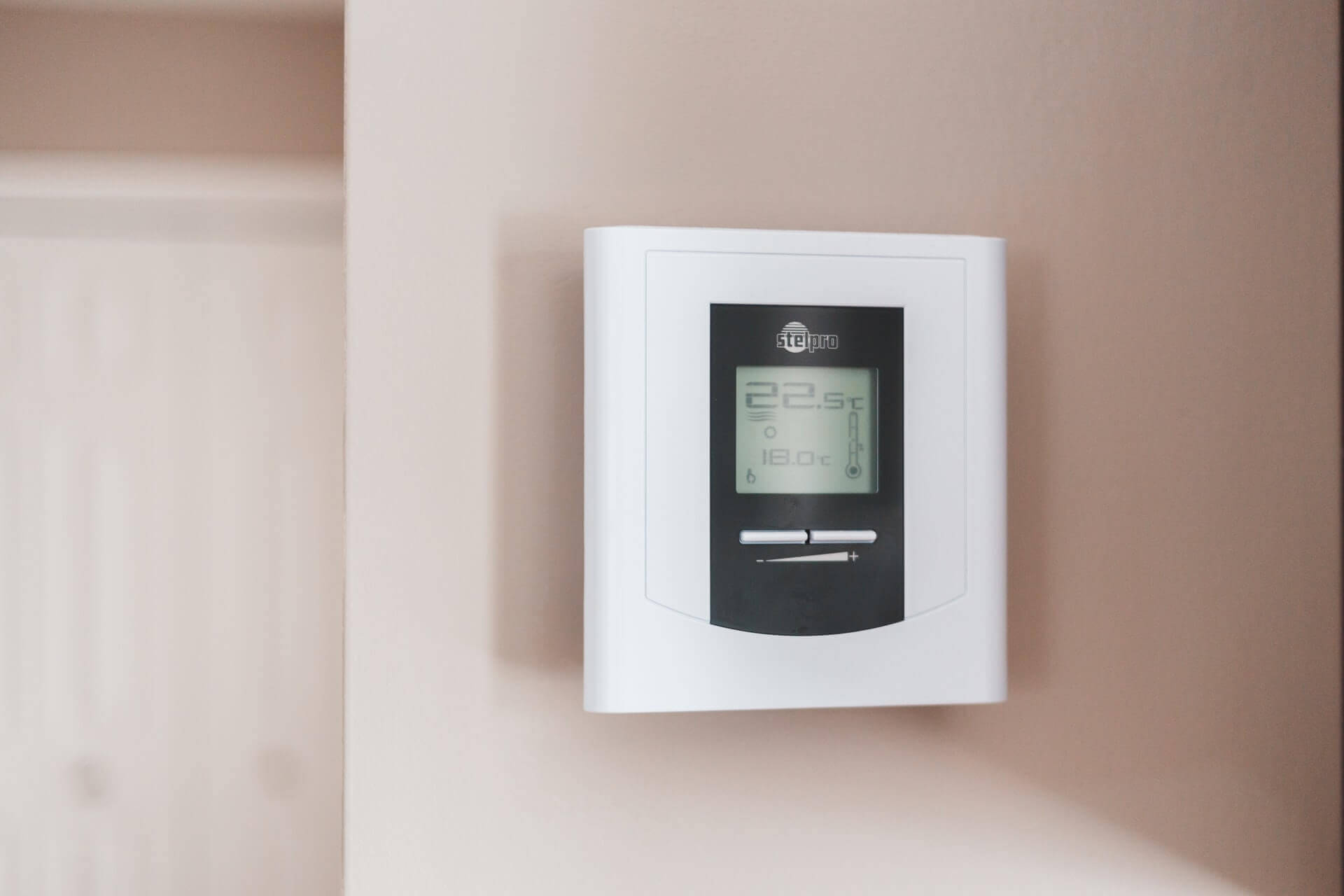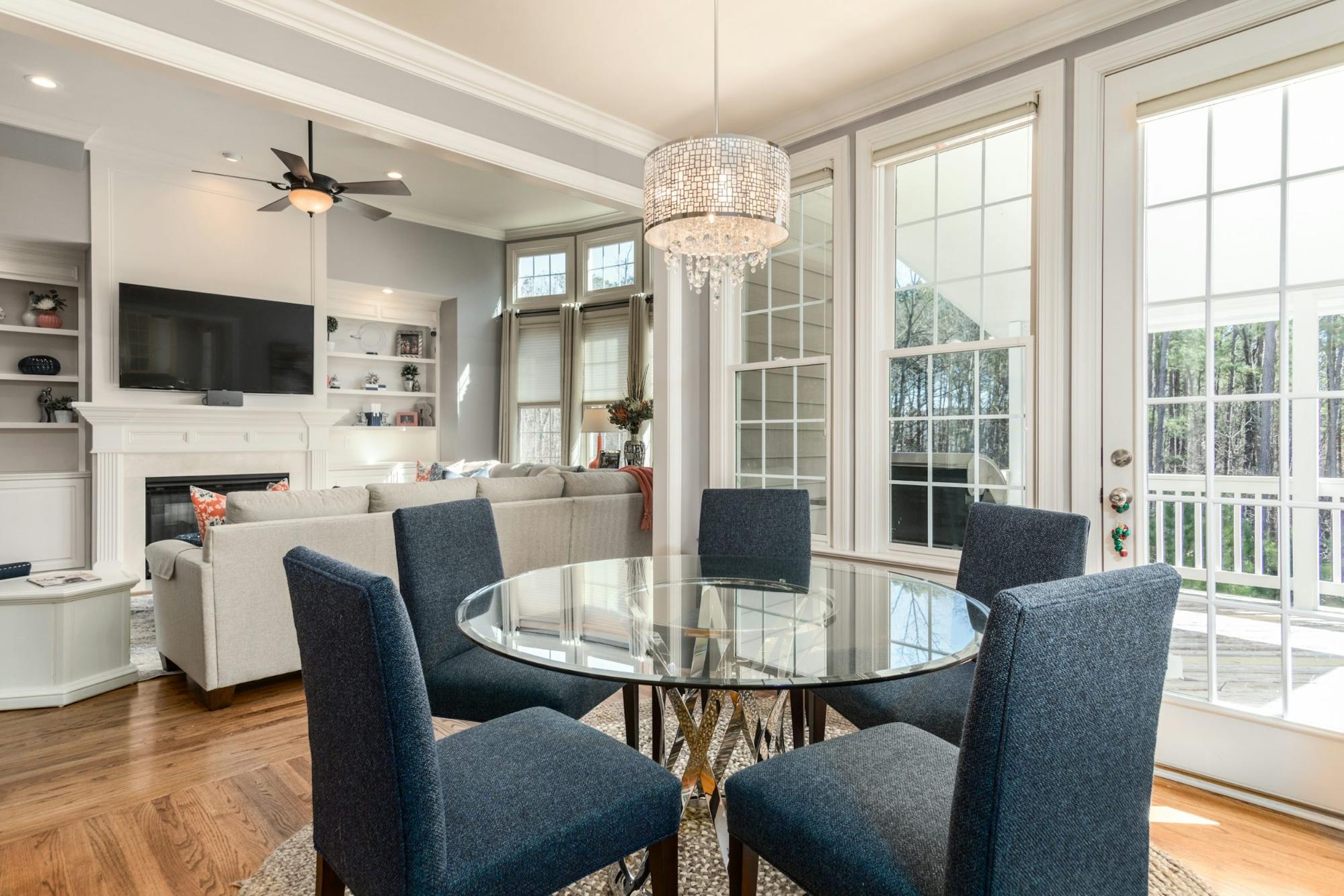Is it more economical to install central air conditioning?

In a context where extreme temperatures are becoming more and more common, choosing an efficient and economical air conditioning system is essential for homeowners. Among the various options available, the installation of central air conditioning raises many questions about its economic efficiency. Through this text, you will discover in detail the economic aspects related to this type of installation in a house.
Initial costs associated with central air conditioning
Central air conditioning installation
Installing a central air conditioning system involves higher initial costs compared to alternatives. The costs include the purchase of equipment, such as the compressor, evaporator, evaporator, and ductwork, as well as professional installation fees. The cost varies depending on the size of the system and the complexity of the installation. It is recommended to ask for quotes from several suppliers and installers to get an accurate estimate.
In many countries, government subsidies and incentives are available to encourage the installation of more energy efficient air conditioning systems. These programs can reduce initial costs by offering rebates, tax credits, or grants for the purchase and installation of highly efficient central air conditioners.
Alternatives to central air conditioning
Individual window air conditioners are a common alternative to central air conditioning, especially for small spaces or renters who cannot install a central system. They are generally less expensive to buy and install compared to central air conditioning. However, they may require periodic adjustments to adapt to different windows and may be less energy efficient due to air loss through the openings.
Autonomous air conditioning units, also known as portable air conditioners, are another alternative to consider. They are easy to install and do not require complex installation work. Initial costs are generally lower than those of a central air conditioning system, but standalone units may have limited cooling capacity and require regular maintenance. Additionally, they may be less energy efficient, leading to higher operating costs in the long run.
Long-term energy savings
Energy efficiency of central systems
Central air conditioning systems allow better management of air conditioning throughout the building. They are designed to be more energy efficient by minimizing energy losses through appropriate insulation and well-sealed ductwork. Adequate insulation reduces heat transfers between the interior and exterior of the building, while watertight ducts prevent air leaks, ensuring better overall energy efficiency.
Central air conditioning systems often have advanced control technologies, such as programmable thermostats and zoned controls, which allow for more accurate and efficient management of energy consumption. Programmable thermostats allow temperatures to be adjusted according to real needs, thus avoiding overcooling and reducing unnecessary energy consumption. Zoned controls allow the building to be divided into distinct zones. This allows the temperature to be regulated independently in each zone, thus optimizing the use of energy.
Core system operating costs compared to alternatives
Central air conditioning systems, due to their higher energy efficiency and better management of the overall temperature, can lead to significant energy savings in the long term. Compared to alternatives such as individual window air conditioners or standalone units, which may use more energy to cool less efficiently, central systems can reduce monthly energy costs.
Energy costs can fluctuate based on market conditions and supply and demand. When evaluating long-term operating costs, it is important to take these fluctuations into account and to consider the stability of energy costs for core systems compared to alternatives. In some cases, core systems may offer greater cost stability due to their higher energy efficiency and ability to adapt to market fluctuations.
Other factors to consider
Building size and configuration
Central air conditioning systems are particularly effective in large buildings with multiple rooms because they can distribute the air conditioning evenly throughout the space. They offer better temperature regulation and maintain a constant level of comfort in all areas of the building. In such cases, central systems are generally more efficient than alternatives such as individual window air conditioners or standalone units.
For smaller structures or limited spaces, alternatives such as individual window air conditioners or standalone units may be more suitable. They take up less space and may be easier to install in tight areas. In addition, individual window air conditioners offer a more practical solution for cooling small rooms or rental apartments.
Lifespan and maintenance costs
Central air conditioning systems are generally designed to be durable and reliable, with a longer lifespan compared to alternatives. They are often made with quality materials and benefit from rigorous manufacturing standards. However, you should choose a quality central air conditioning system and ensure regular maintenance to maximize its lifespan and maintain its performance.
The costs of maintaining and repairing central air conditioning systems can be higher than those of the alternatives. They may require regular maintenance, such as cleaning filters and inspecting ductwork, as well as occasional repairs. You should also consider these potential costs in the overall assessment of economic efficiency. Alternatives such as individual window air conditioners or standalone units may have lower maintenance costs.
Conclusion
Installing central air conditioning can be economically beneficial in the long run due to its higher energy savings and efficiency. While the initial costs may be higher than the alternatives, the savings in energy bills can offset this initial investment. However, it is critical to consider the size and configuration of the building, as well as potential maintenance costs, when making the final decision. A thorough analysis of the economic benefits specific to your particular situation is recommended before making a decision.
Guarantee: No traces, no stress — only lasting results.
5 000 +
96%
$6,275



.avif)



